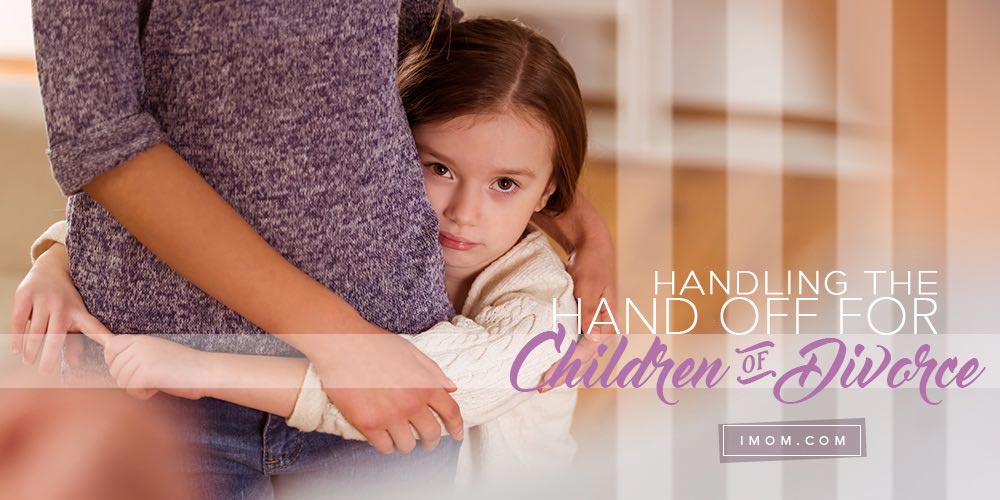When I was a child, my parents shared way too much with me. They told me everything they didn’t like about the other parent, and it often made me feel like I had to choose sides. If you are in the process of divorce or have recently experienced one, your children may not fully comprehend what has happened or you may be unsure of how to comfort them. In her book, Encouragement for Busy Moms: “Honey Hang in There!”, author Sandra P. Aldrich provides encouragements for mothers, including a section on talking to kids about divorce.
Here are 6 bits of wisdom you can take away.
Don’t Lie about the Situation
In an effort to protect your children from the truth, don’t try to soften the situation by creating explanations such as, “Daddy is on a long trip.” According to the author, “Not only are these lies, but they postpone having to tell the truth that…the father has walked out.”
Know What Your Child Can Handle
While the author warns against lying to protect your children, she also cautions against revealing too much. Know what your children are capable of understanding and processing for their age and temperament. For example, children do not need to hear about adultery or other serious problems in your marriage. But be willing to listen to your children’s questions. It will probably be hard for you to hear them, but responding with, “I don’t want to talk about it,” will only set up a wall between you and your child.
Let Your Children Express Their Feelings
Unfortunately, many women who have a difficult time coping with their own feelings of loss will suppress those painful emotions and, as a result, encourage the same process in their children as well. Encourage your children to share their feelings and to express their emotions in a healthy way. This will not only help the healing process but will help develop skills in dealing with stress and trauma in the future. Be sure to affirm your children by letting them express their emotions. Don’t belittle them for feelings such as anger or guilt, but let them know their feelings are normal.
Ask Your Children How They Are Doing
Don’t assume that because your child isn’t crying frequently or asking questions that they are handling things well. You never know what types of self-doubt or worries are going on inside their minds. Be sure to ask your children if they have any questions or want to talk about their feelings.
Prepare for Guilt
Many children take on responsibility for the divorce and may secretly blame themselves. They may think that their father left because of something they did. They may think statements such as, “If only I hadn’t been bad, Daddy would not have left,” or “Daddy left because he doesn’t love me anymore.” Even if your child is not voicing these statements out loud, make sure your children know that the situation is not their fault.
Focus on Your Children
Many times a woman’s grief over the loss of her marriage causes her to withdraw from others, including her children. But because your children have sustained a great loss, they will need you now more than ever for emotional support and guidance. If needed, seek the help of a friend or professional counselor to work through the grieving process. Call on friends and family to help with practical needs if you find yourself overwhelmed with the daily tasks of a single parent.
Aldrich encourages moms by saying, “Talking with and listening to children during these times not only acknowledges their grief but also affirms their importance within the family.”
What tips do you have to talk to your kids about divorce?
This article is based on the book, Encouragement for Busy Moms: “Honey Hang in There!” by Sandra P. Aldrich.










